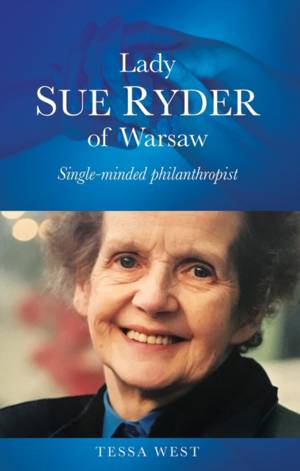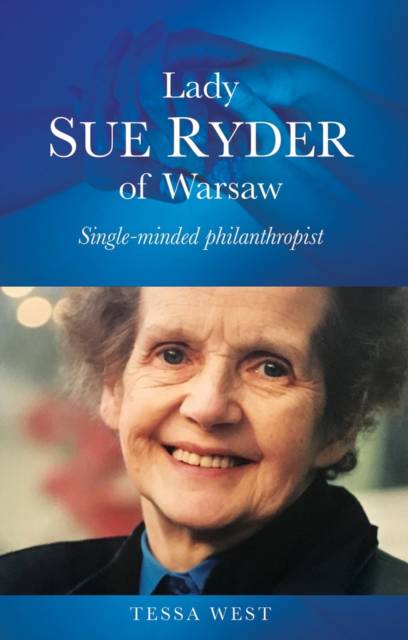
- Afhalen na 1 uur in een winkel met voorraad
- Gratis thuislevering in België vanaf € 30
- Ruim aanbod met 7 miljoen producten
- Afhalen na 1 uur in een winkel met voorraad
- Gratis thuislevering in België vanaf € 30
- Ruim aanbod met 7 miljoen producten
Zoeken
€ 40,45
+ 80 punten
Omschrijving
There are numerous Sue Ryder charity shops throughout the UK, but few shoppers know much about their founder. Miss Ryder was a determined and philanthropic woman who created homes for those who were damaged by trauma and injury experienced in the Second World War. She was born into a privileged family and, when only 16, left school to join the First Aid Nursing Yeomanry. This led to Special Operations Executive work where she met Polish airmen. This was the beginning of her admiration of Poles and Poland. In the chaos of the post-war period she provided food, medicine and clothing to those who were abandoned and had nothing. In 1953 she established the Sue Ryder Foundation as "a living memorial to the victims and opponents of tyranny". This required her physical and psychological strength in addition to her strong Catholic faith. In 1955 she married the famous Group Captain Leonard Cheshire, and the couple co-operated on more projects. Sue Ryder made a huge and positive difference to thousands, despite - or perhaps because of - having a character which could be as downright difficult as it could be inspiring. Over the years she was awarded civic, military and academic honors, including several from Poland. In 1979, when she was made a life peer, she took the title Lady Ryder of Warsaw. Sue Ryder was brought up to help others and she committed her life to doing so. Unfortunately, after decades of charitable work, there was a bitter, fundamental disagreement between her and her trustees, which ended in them separating. She died soon after this, in 2000. This book is written so that Sue Ryder's name, work and life are not forgotten.
Specificaties
Betrokkenen
- Auteur(s):
- Uitgeverij:
Inhoud
- Aantal bladzijden:
- 288
- Taal:
- Engels
Eigenschappen
- Productcode (EAN):
- 9780856835209
- Verschijningsdatum:
- 1/04/2018
- Uitvoering:
- Paperback
- Formaat:
- Trade paperback (VS)
- Afmetingen:
- 155 mm x 231 mm
- Gewicht:
- 517 g

Alleen bij Standaard Boekhandel
+ 80 punten op je klantenkaart van Standaard Boekhandel
Beoordelingen
We publiceren alleen reviews die voldoen aan de voorwaarden voor reviews. Bekijk onze voorwaarden voor reviews.








